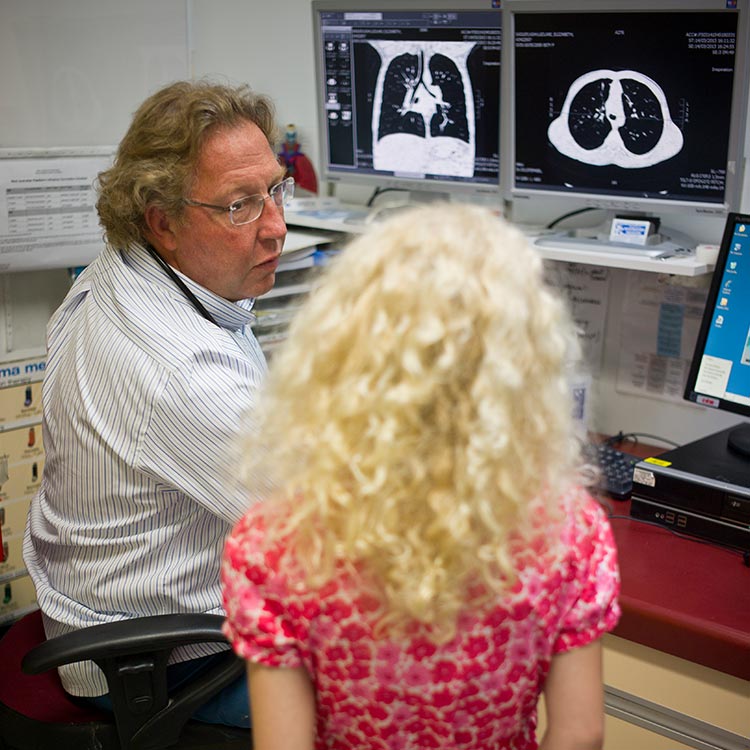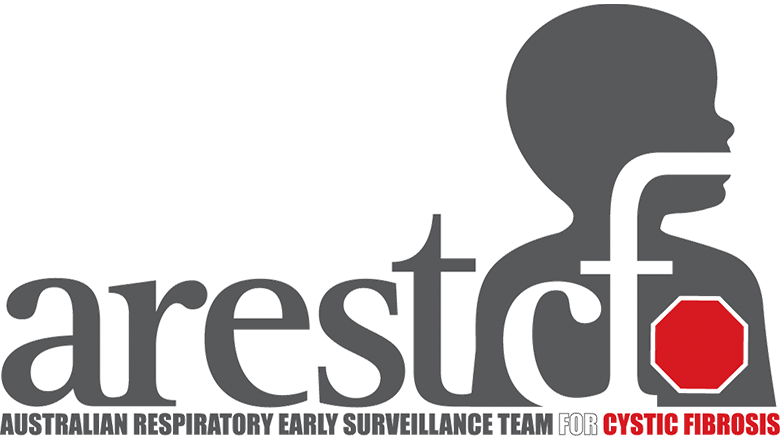Search
Research
Spring-infusors: How a simple and small solution can create king-sized complexityThe aims of the study were to investigate family and hospital staff views about the use of spring-infusor devices for administration of intravenous antibiotic medications, to examine if the device is acceptable and feasible and to map a process for implementation.

News & Events
Treat early to protect lungsEarly intervention is being touted as the key to preventing lung damage in children with cystic fibrosis.
Research
Protocol for a study of the psychosocial determinants of health in early childhood among children with cystic fibrosisThis protocol outlines the study aims to investigate the causal effect of psychosocial functioning, parenting and attachment on physical health outcomes in...
Research
Hypoxia and sterile inflammation in cystic fibrosis airways: Mechanisms and potential therapiesIn this review, we consider recent evidence regarding hypoxia and sterile inflammation in cystic fibrosis airways
Research
The effect of 100% oxygen on tidal breathing parameters in preschool childrenThis study aimed to determine whether breathing 100% oxygen altered tidal breathing parameters in healthy young children and young children with CF.
Research
Alpha-1 antitrypsin mitigates the inhibition of airway epithelial cell repair by neutrophil elastaseFree NE activity is deleterious for epithelial homeostasis and support the hypothesis that proteases in the airway contribute to CF structural lung disease
Research
CrossTalk opposing view: Mucosal acidification does not drive early progressive lung disease in cystic fibrosisWhether airway mucosal acidification drives early progressive lung disease is controversial

News & Events
Cystic fibrosis research a Eureka Prize finalistA world-leading cystic fibrosis research program, based at The Kids Research Institute Australia, is a finalist in the 2015 Australian Museum Eureka Prizes.
News & Events
Healthy lungs, healthy lifeThe lungs are one of the last organs in the body to develop as a baby grows. They're also one of the most important.

News & Events
$3.4mill to improve treatment management of cystic fibrosisThe Kids researchers have been awarded over $3.4 million for a new trial to pioneer improved ways for managing cystic fibrosis (‘CF’).
